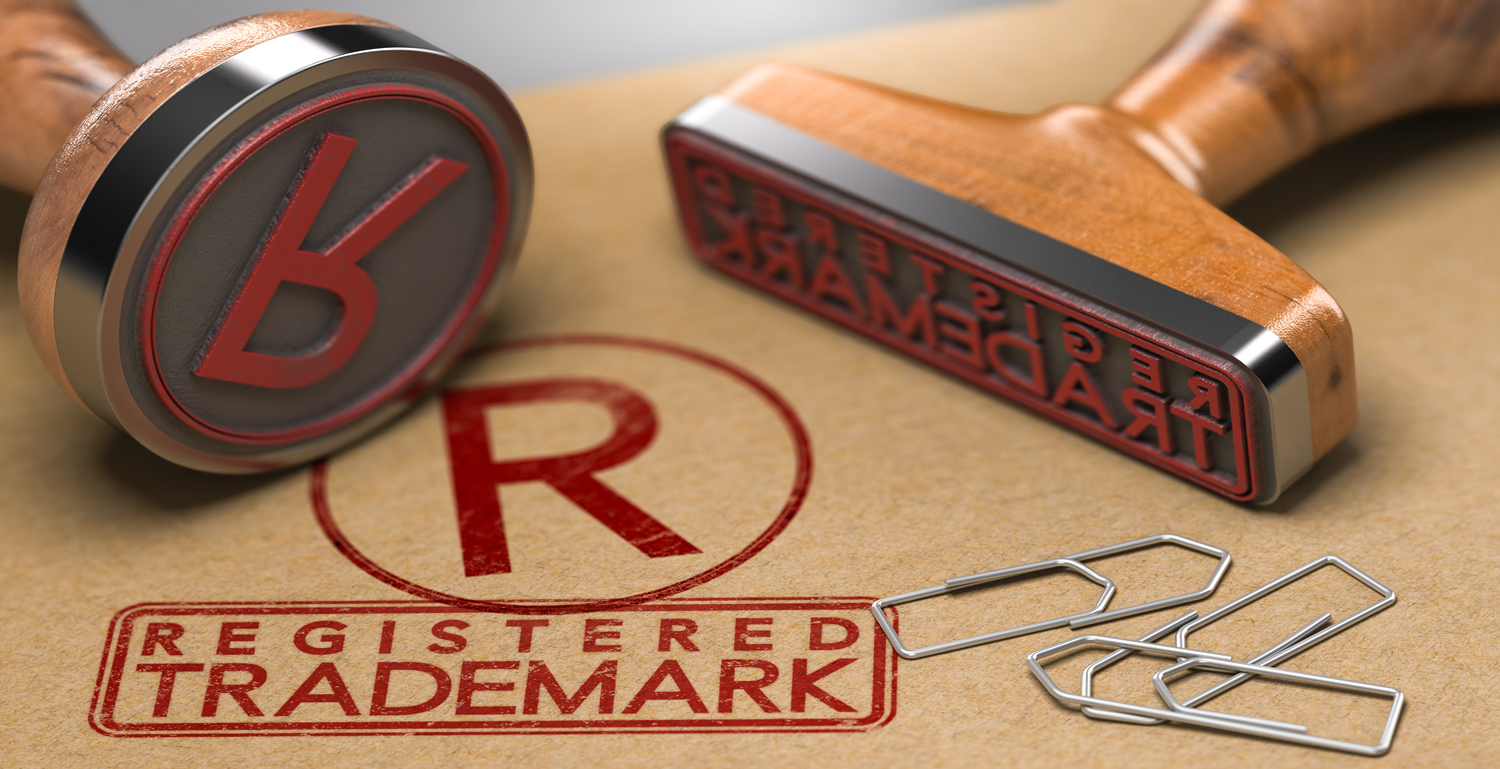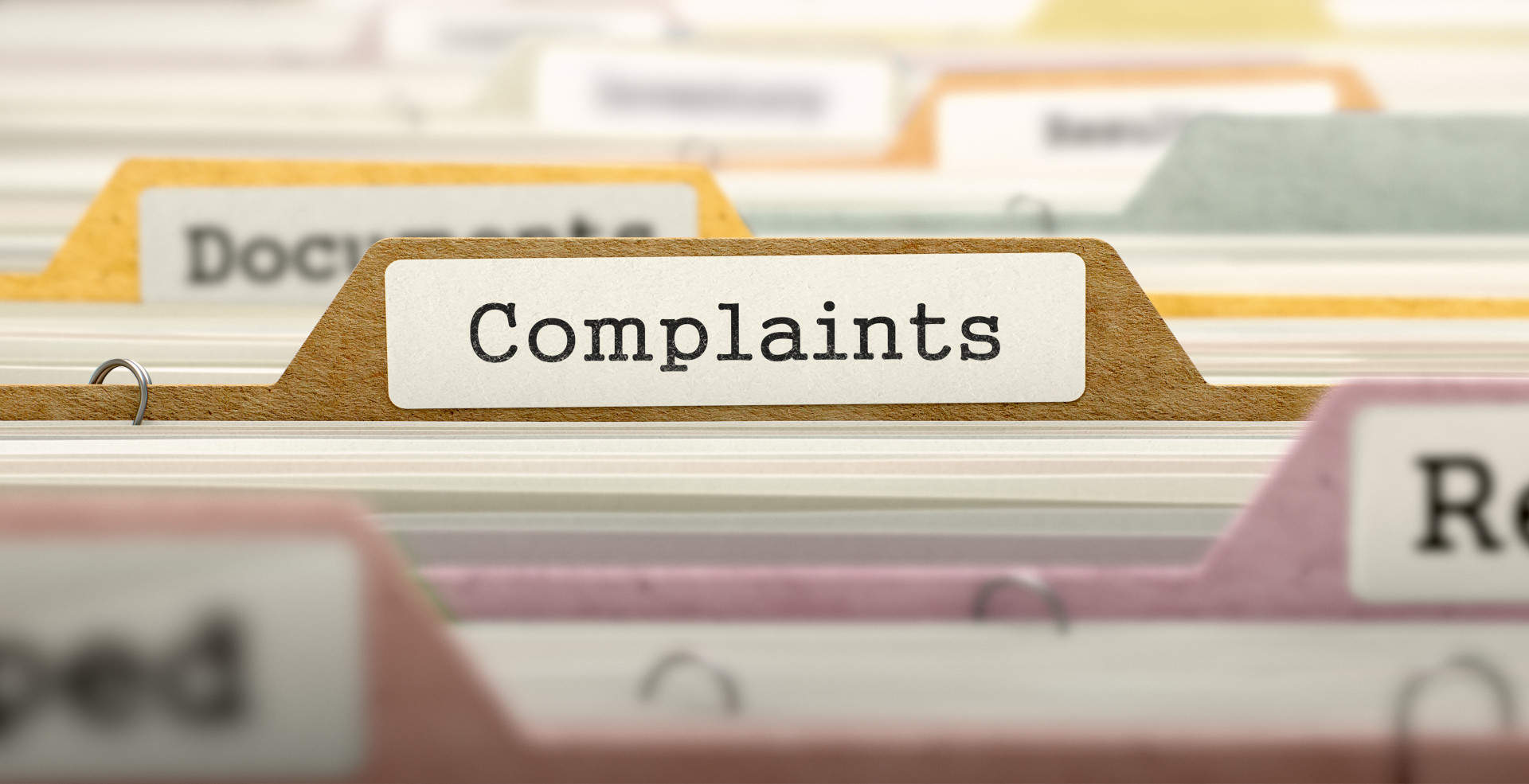Introduction to Reserve Funds: How to Manage a Reserve Fund Study Process

This is Part Three of a three-part series on reserve funds.
How is the amount of the reserve fund calculated?
The amount of the reserve fund is based on the life expectancy of the common elements and assets – and – the expected cost to repair or replace them.
This can be a complex and technical process, which is why the regulations require condo corporations to engage a qualified person to conduct reserve fund studies as they are familiar with building systems and components.
How much money should a condo corporation have in its reserve fund?
When it comes to reserve funds, there’s no such thing as “one size fits all.” Every condominium is unique.
The value of a reserve fund depends on many factors. These include, for example, how old is the building, how well was it built and maintained, number of units, its existing level of funding, and what type of components it has.
How precise is a reserve fund study?
An RFS is only able to provide an estimate of future costs.
Despite careful planning, the reserve fund study may underestimate repair and replacement costs: for example, the price of labour or materials may go up in the future, or the condo corporation may be faced with additional, unexpected expenses.
How can condo corporations manage the reserve fund process?
Navigating the reserve fund process can be difficult, so it’s best for the board of directors to work closely with the management service provider, and to seek the advice and guidance of experts where necessary:
- Experienced RFS providers will not only assess building components and provide cost projections; they should also be able to communicate the results of the RFS in everyday language that the board, employees, agents, and unit owners understand.
- Financial experts can recommend suitable investments for reserve funds. These investments should maximize returns while maintaining safety and liquidity. Section 115 of the Condominium Act, 1998, deals with how reserve funds may be invested.
- Lawyers who specialize in condominium law may be helpful to assure the condo corporation is meeting all its legal obligations. These include obligations to review the completed RFS within 120 days of receiving it and notifying owners about the study through the Notice of Future Funding of the Reserve Fund, which every corporation must send to its owners and auditor after the RFS has been completed.
Want to learn more?
Reserve funds and reserve fund studies are not only required by law, they’re also essential for good condominium management. This Three-part series should serve as a good introduction to both. However, condo boards, owners, and managers are encouraged to ask more questions and learn as much as possible to make the most of these important financial safeguards.
Important links:
For additional information about reserve funds and reserve fund studies, visit the CAO website.











